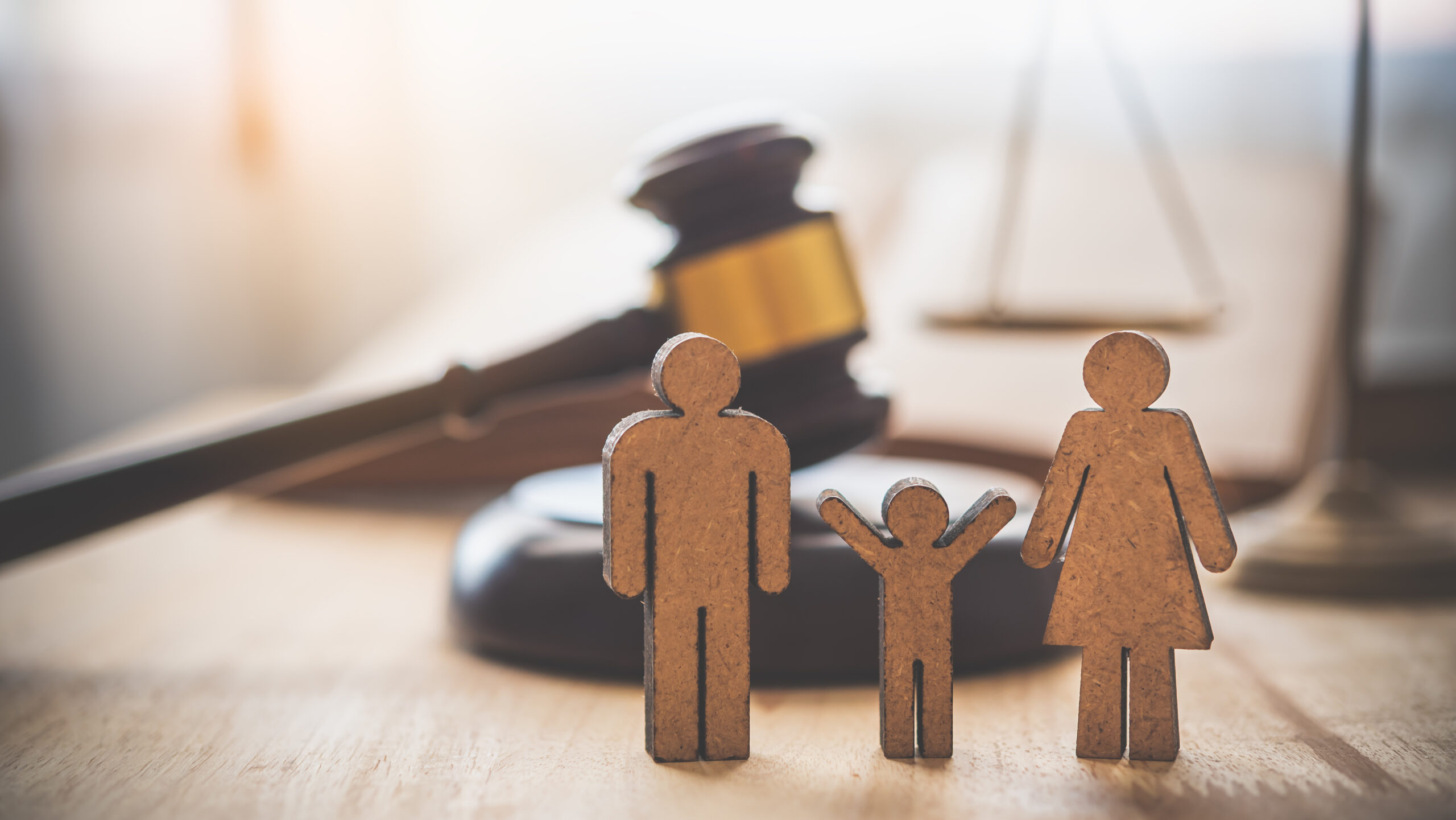DIVORCE
Divorce can be a very stressful and emotionally draining process. It is likely one of the most difficult decisions you will ever make. If you are considering divorcing your spouse, you should speak with a family law attorney before beginning the process to ensure that you preserve your rights and receive the best outcome for you and your family.
Grounds for Divorce
There are five grounds for obtaining a divorce in South Carolina. Four are “fault grounds” and one is a “no fault” divorce:

Residency Requirements in South Carolina Divorces
You must satisfy one of the residency requirements before you can file for divorce in South Carolina:
Divorce in South Carolina
In a divorce proceeding, the Court will hear all facts and consider all relevant evidence when making a final ruling on the issues related to child custody, child support, visitation, and property and asset division. So it’s important to present your best case to the Court in an effective manner with the help of an experienced attorney.
If your case does not meet one of the five grounds for divorce, you can petition the Court for Separate Support and Maintenance, which will give you and your spouse permission to live separately, to divide your marital property and assets, and to determine custody and child support. After one year has passed, then you would be entitled to seek divorce based on one year continuous separation. Note, you do not need to wait for one year if you meet one of the other four grounds for divorce.
You and your spouse always have the option to forego a lengthy and time consuming trial by signing a marital settlement agreement. Both you and your spouse, whether represented by attorneys or not, can draft an agreement where you are the decision makers in your own case. You decide how to handle the child custody, child support, alimony, divide the property and assets, who shall remain in the marital home, and designate who keeps certain property, etc. Going this route allows you to take control of your own life and make decisions for your family rather than having a Judge decide how you should live your life. It saves you time and a ton of money.
Let us represent you in your divorce proceeding to ensure you preserve your rights and have the best chance of receiving a favorable outcome for you and your family. We will present you with all options (i.e., settlement agreement, mediation, or trial) and help you to make the best decision for your case. If you would like our assistance, call us today for your case review.
Upstate Business Journal, The Legal Issue, “Local Attorney Advocates for Domestic Violence Victims” (June 2019)










